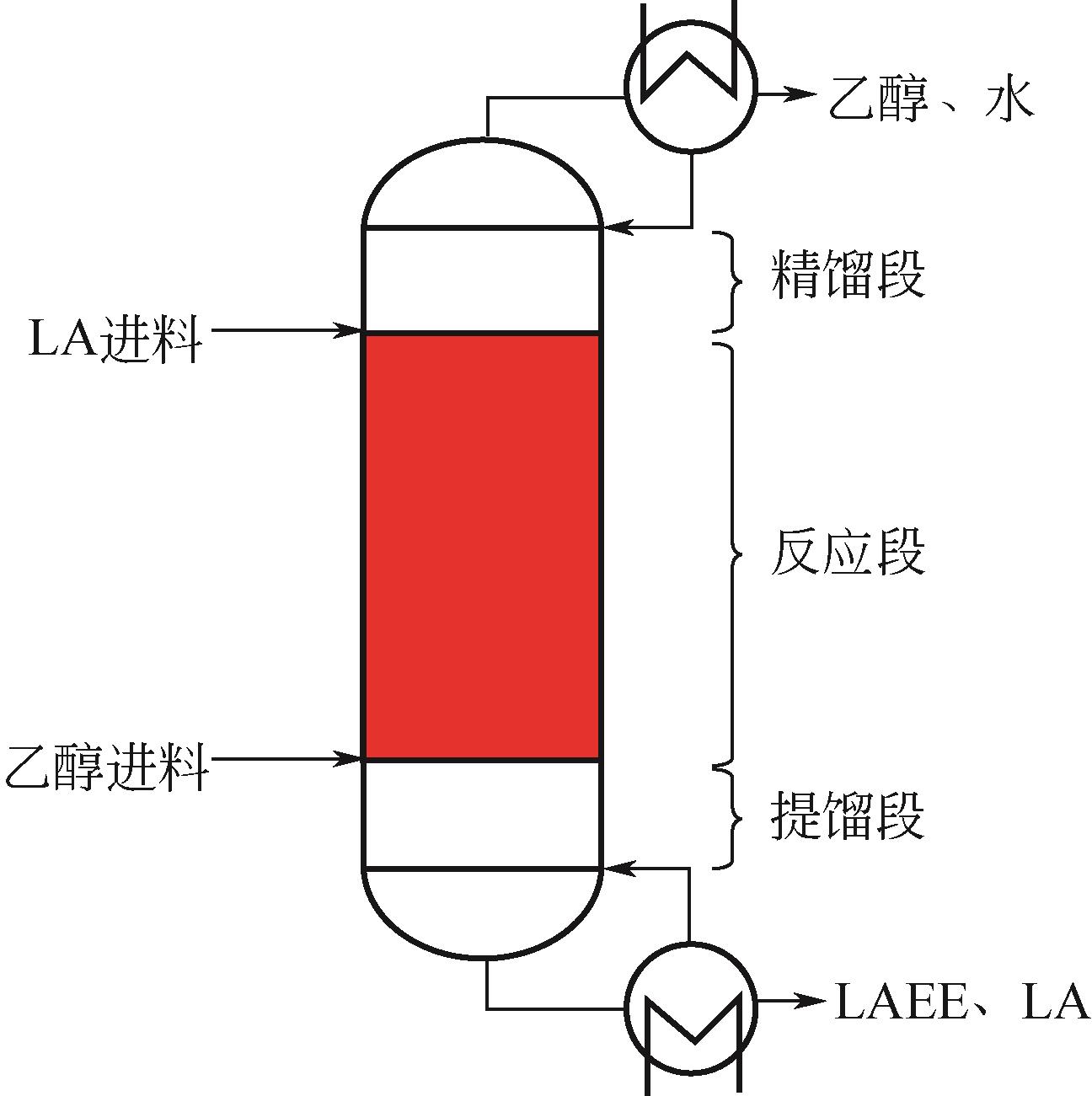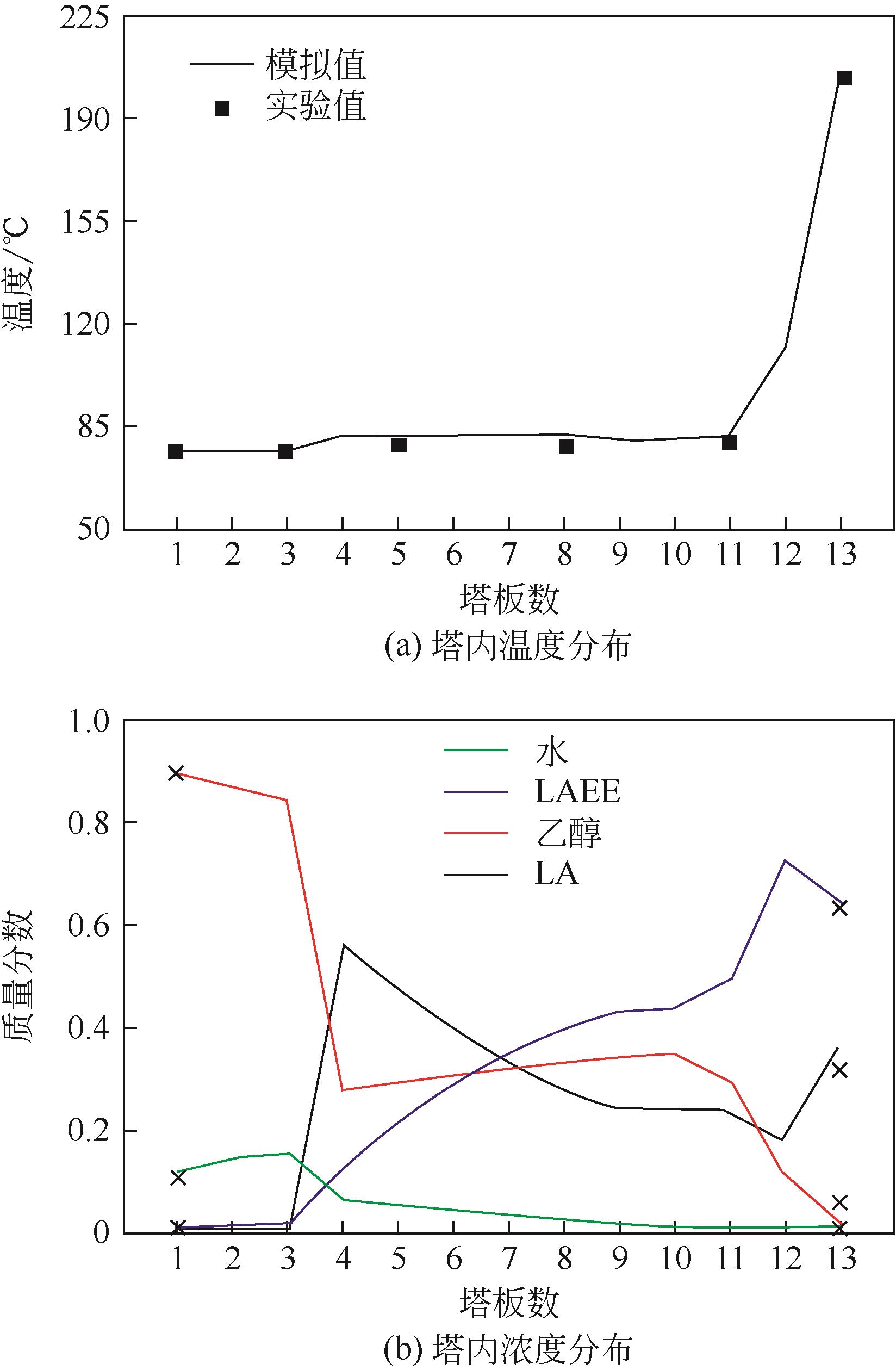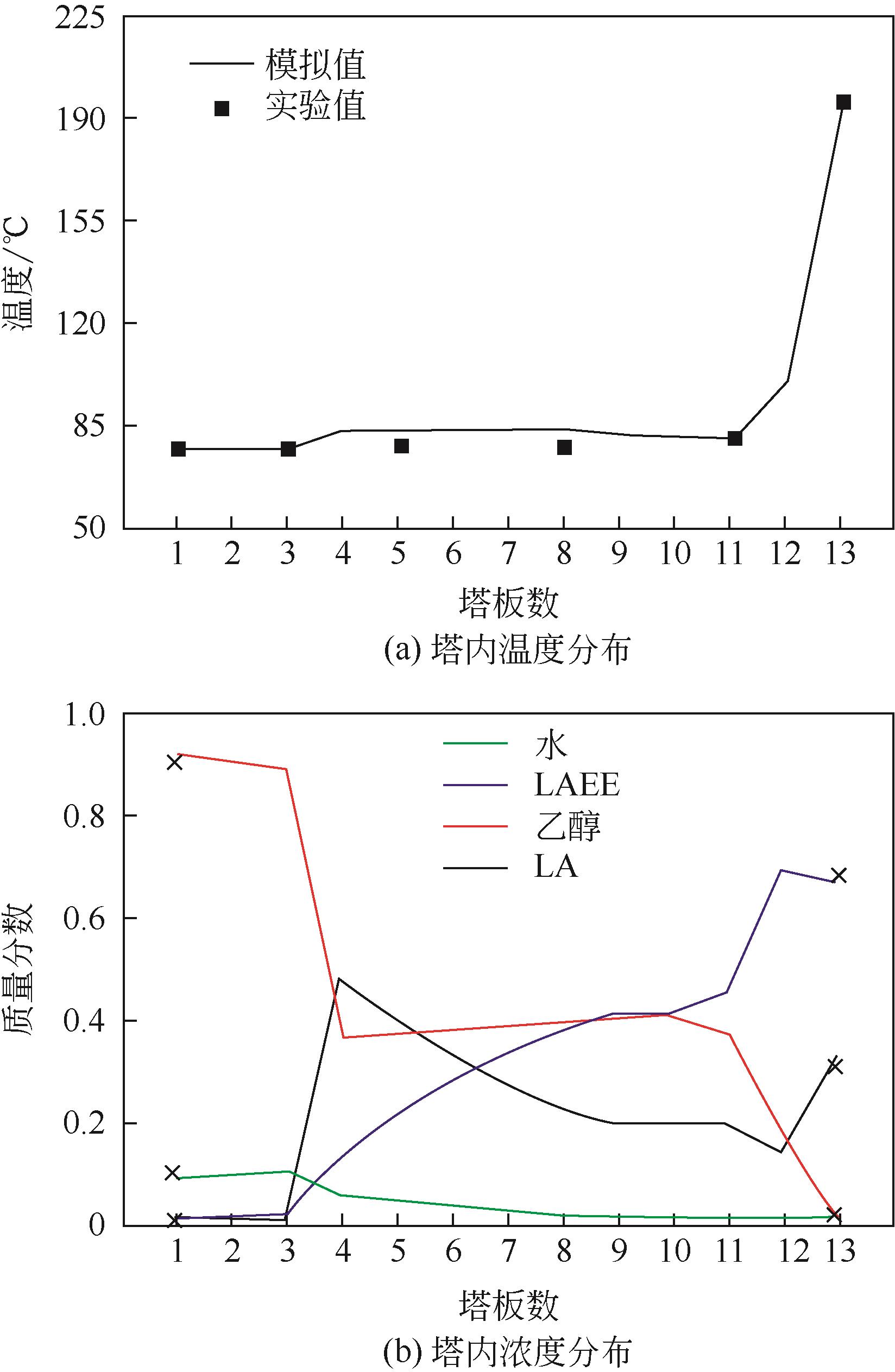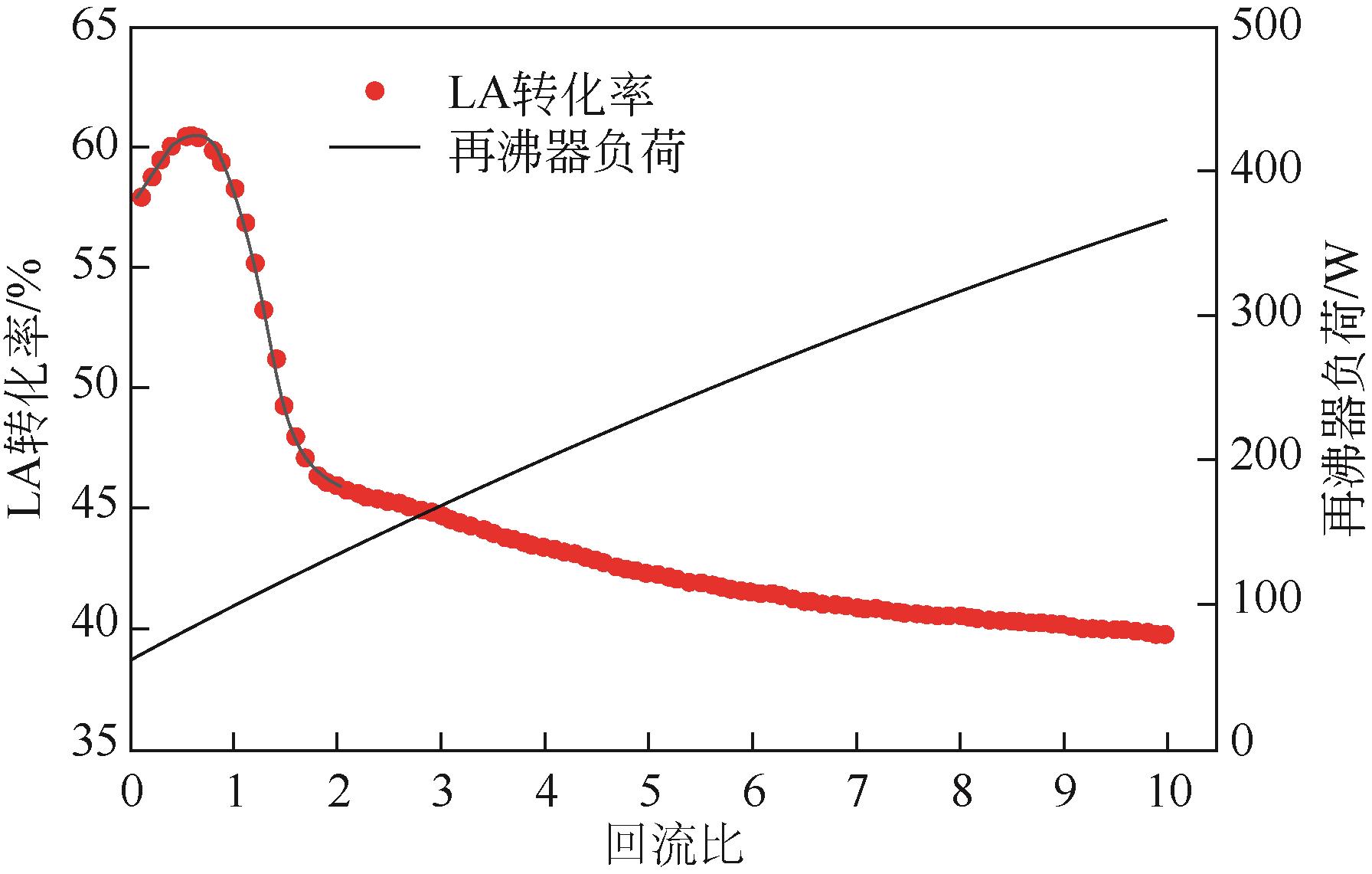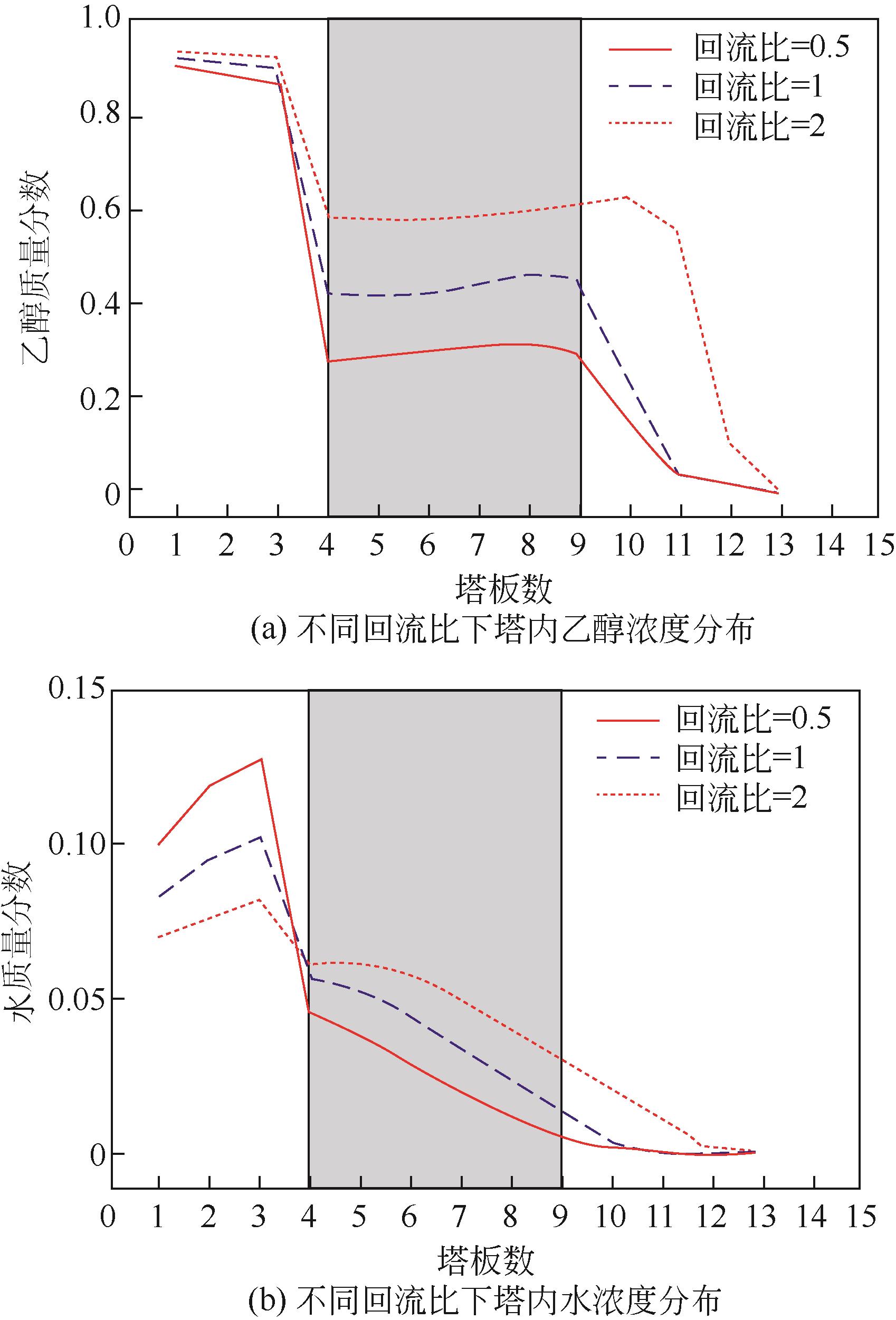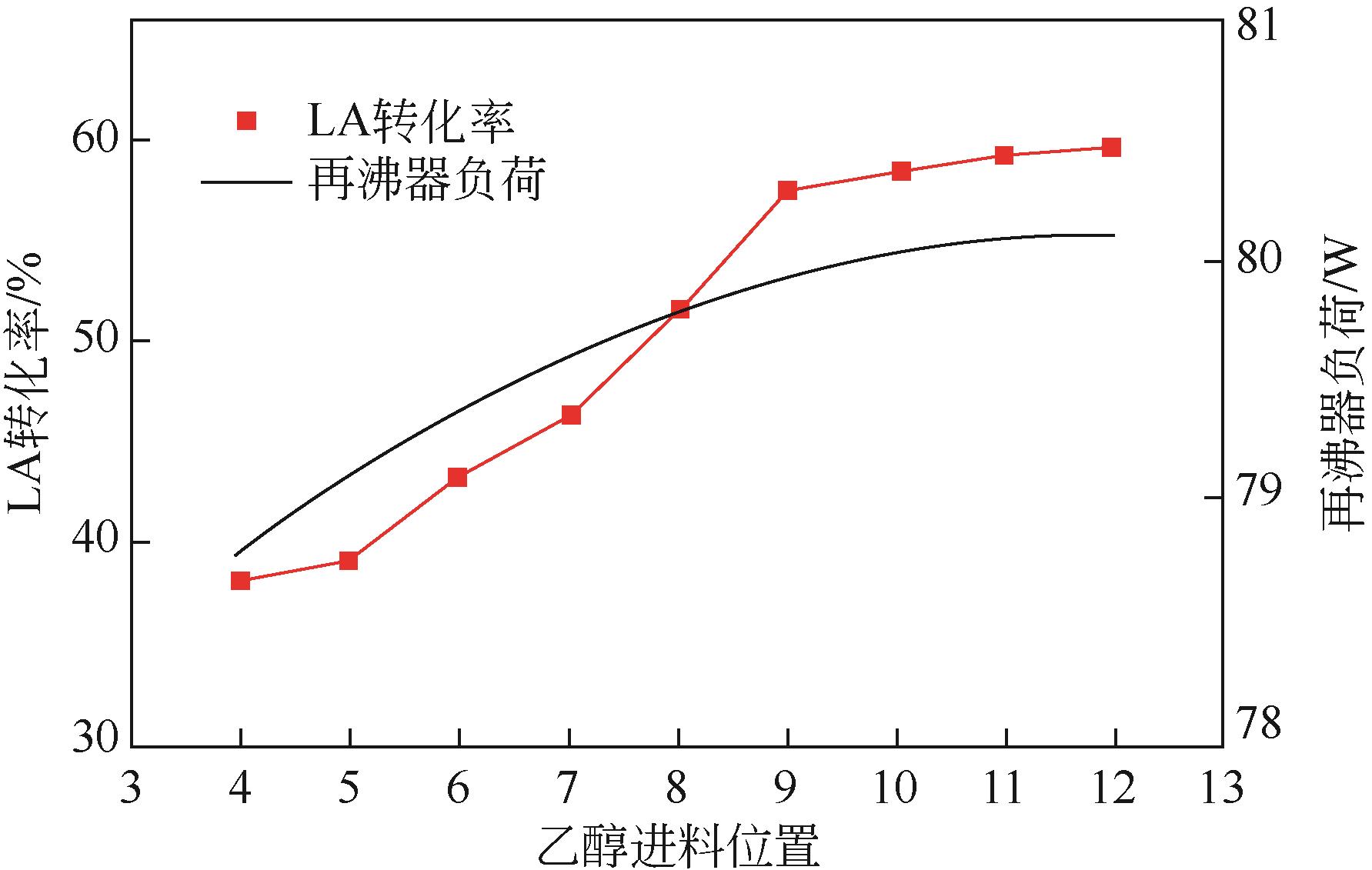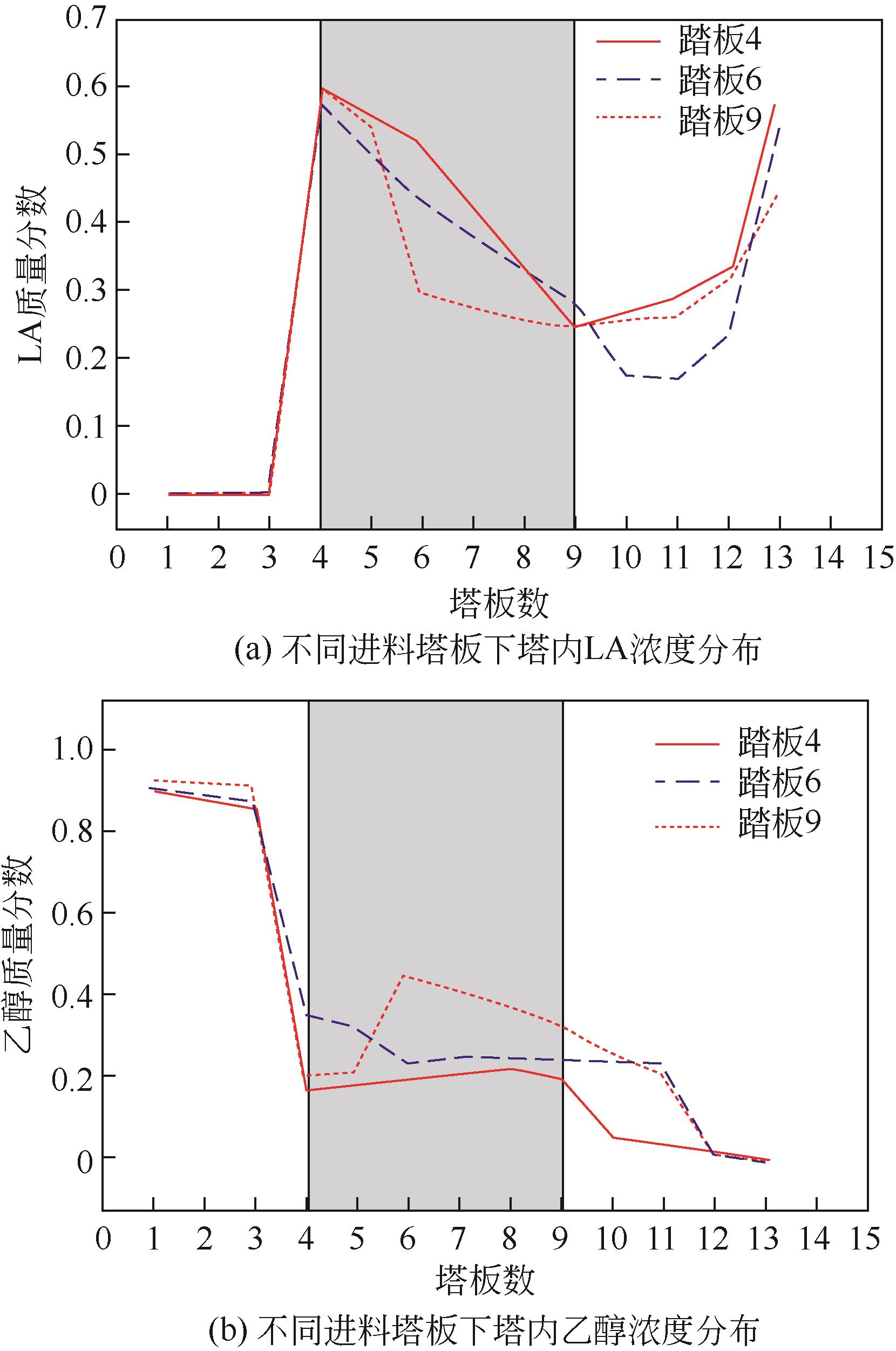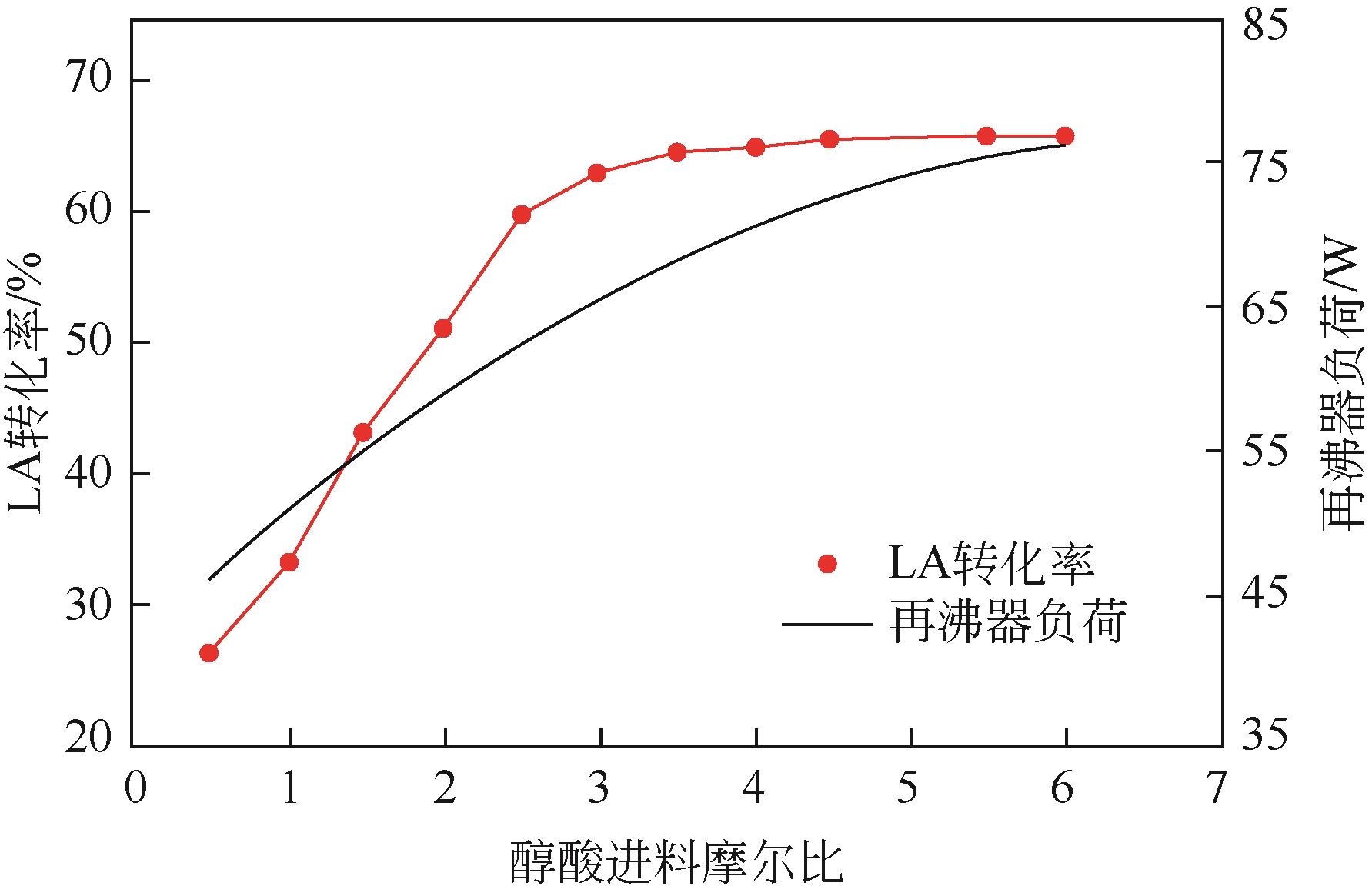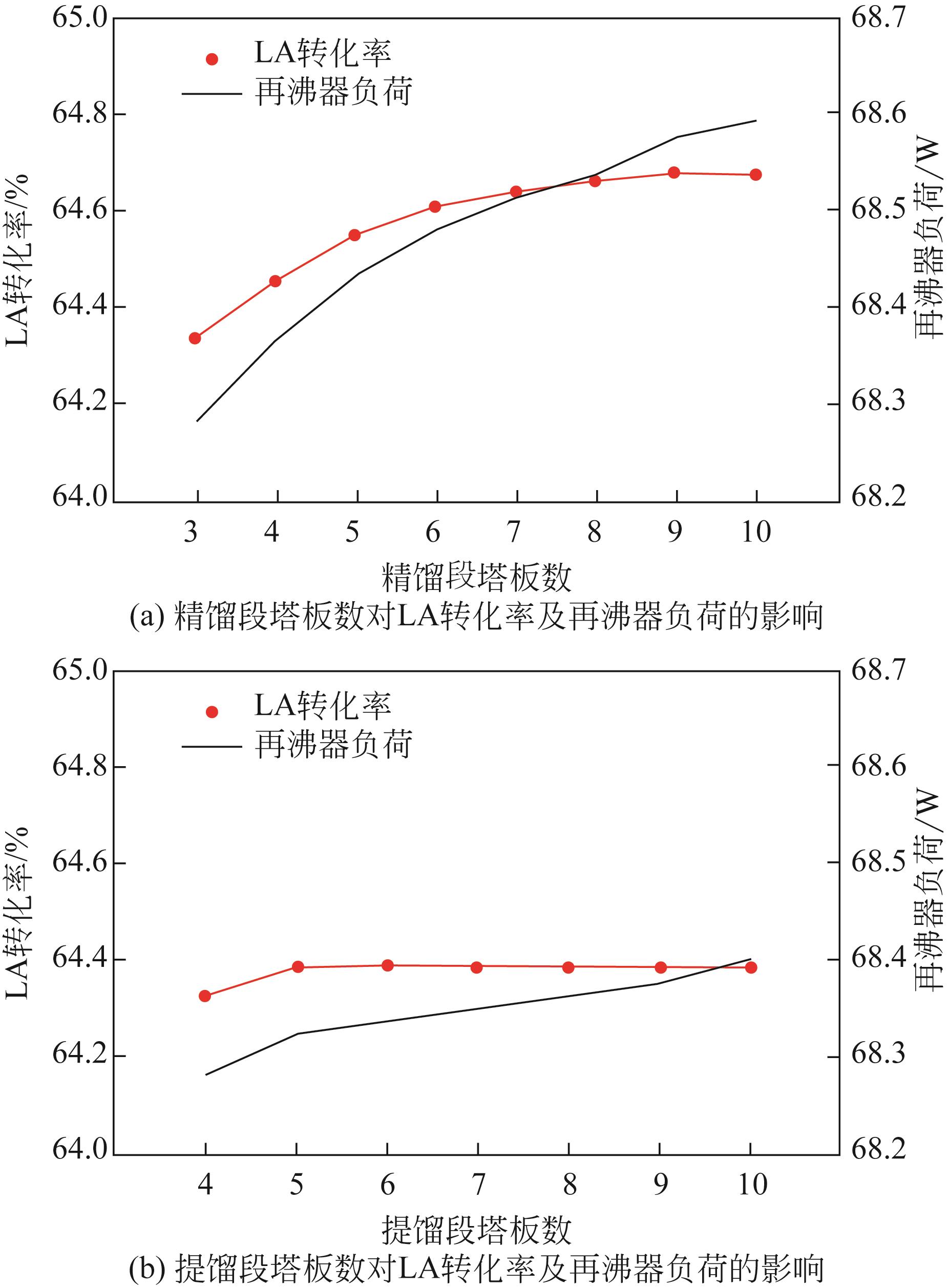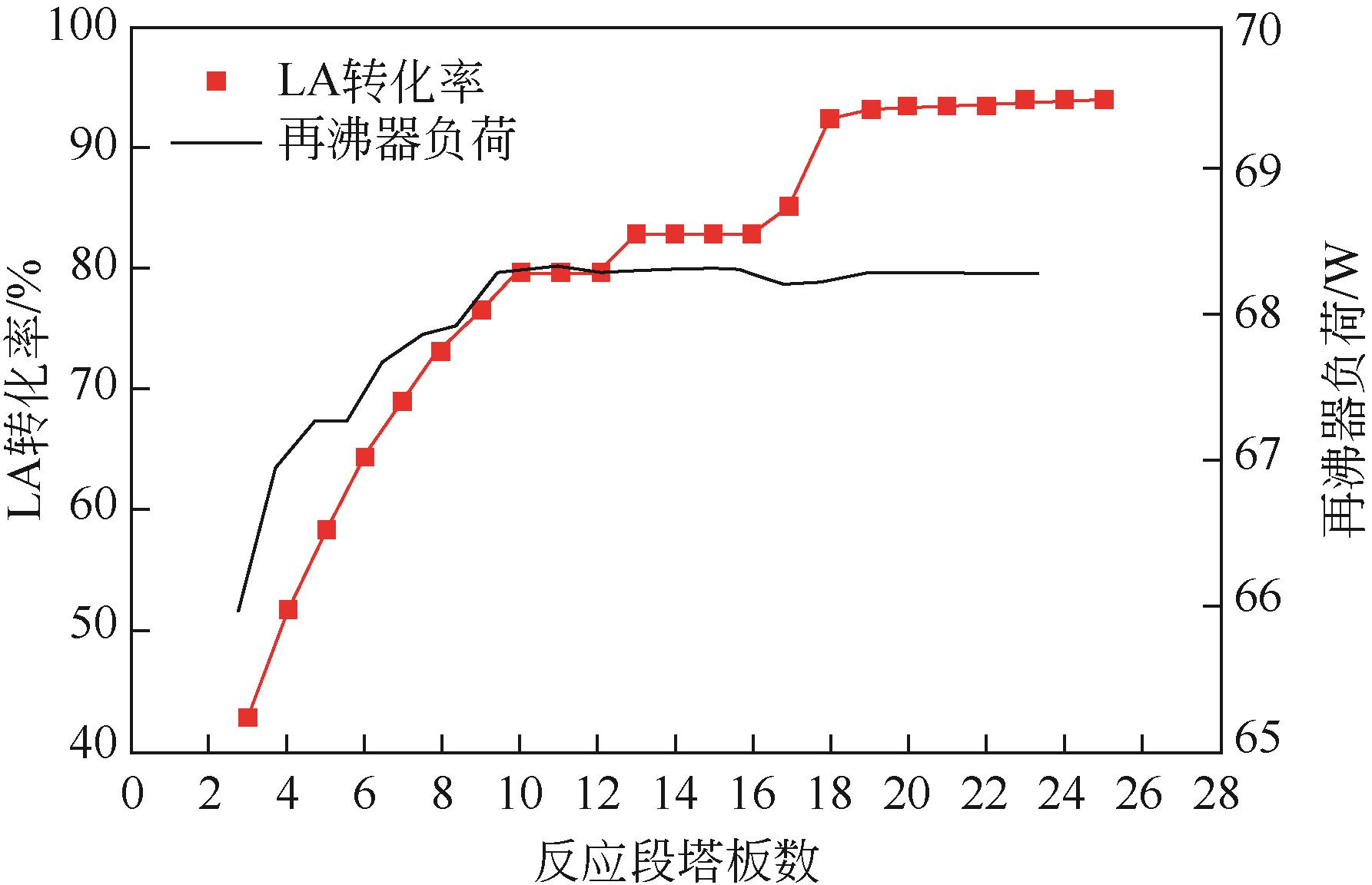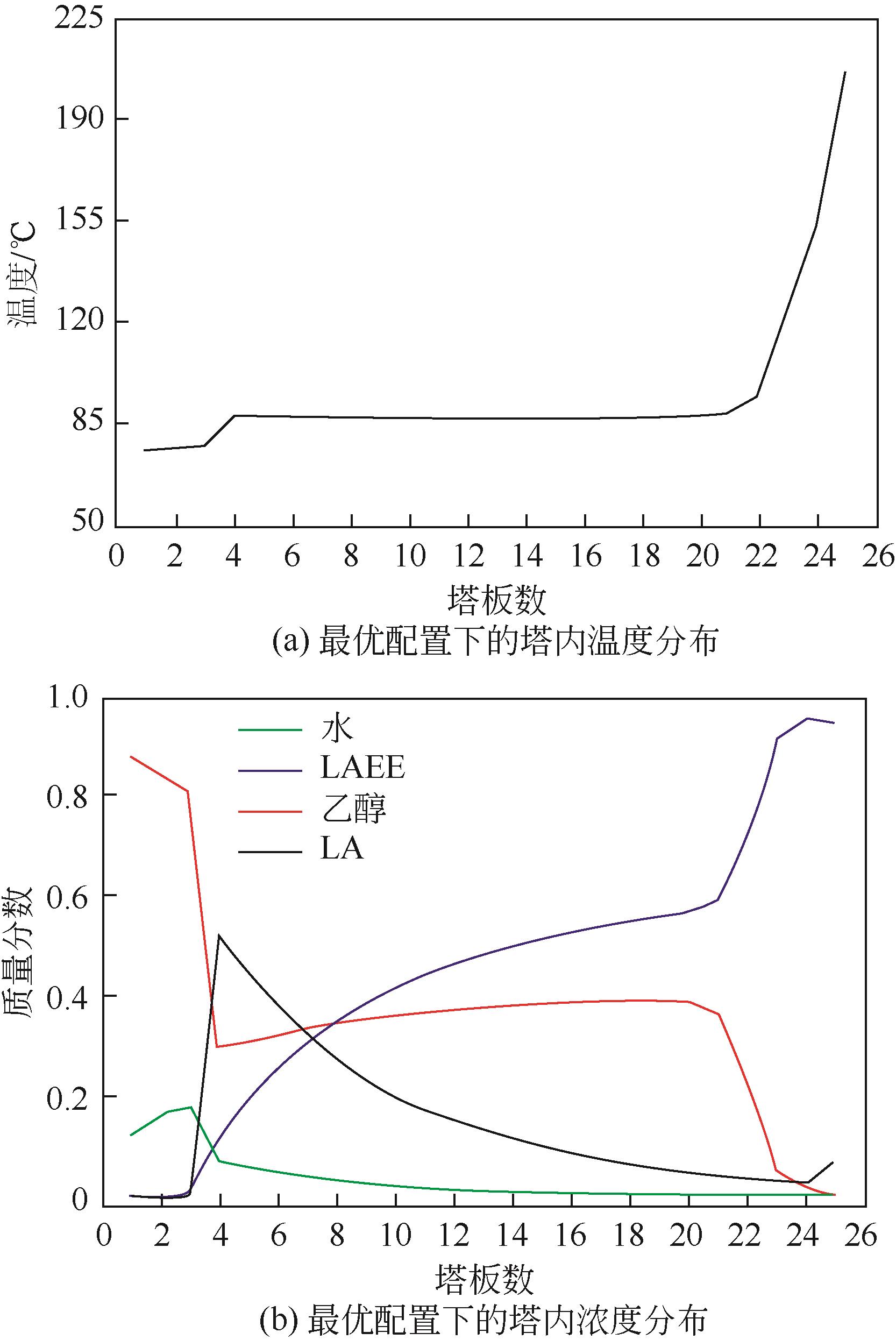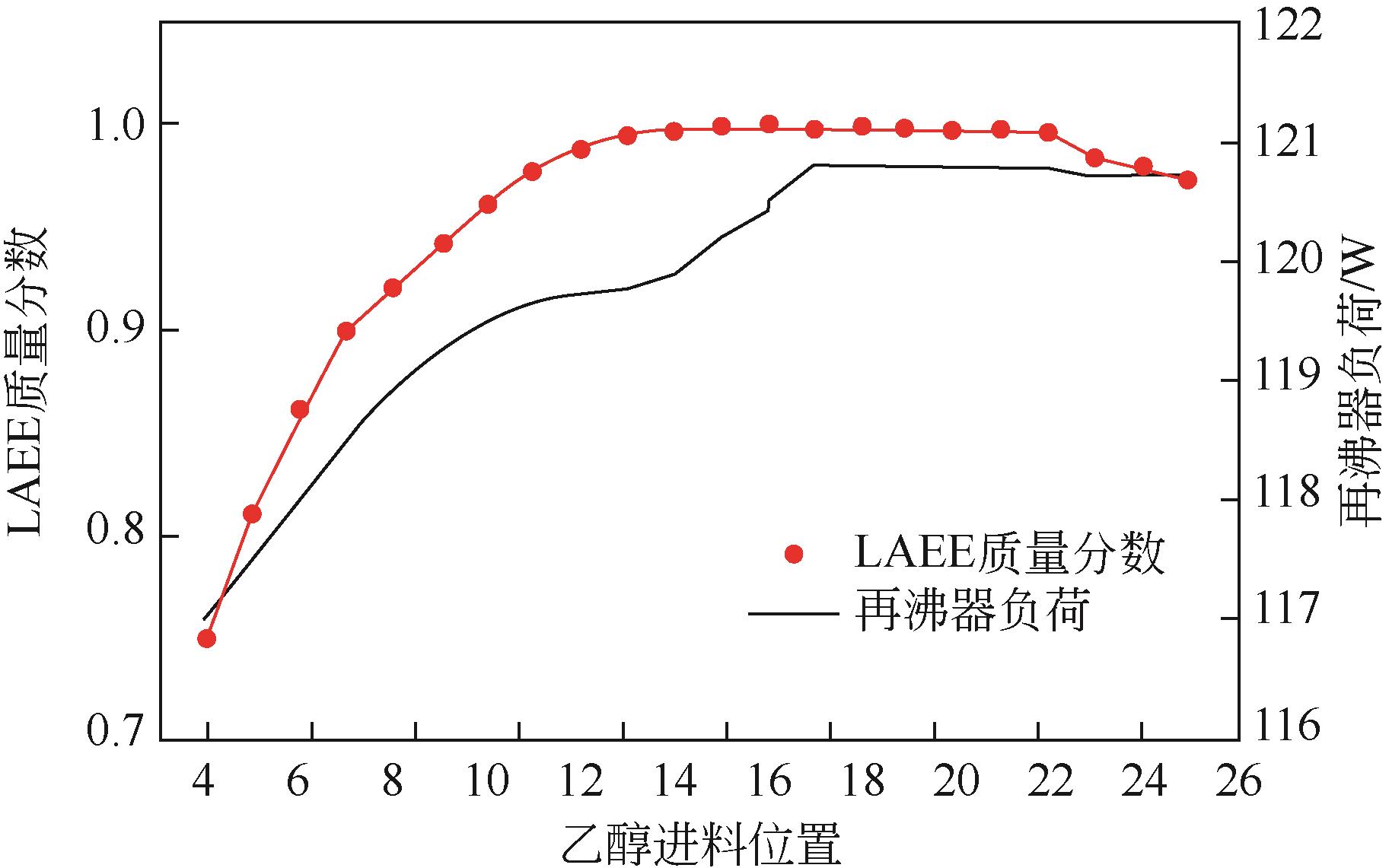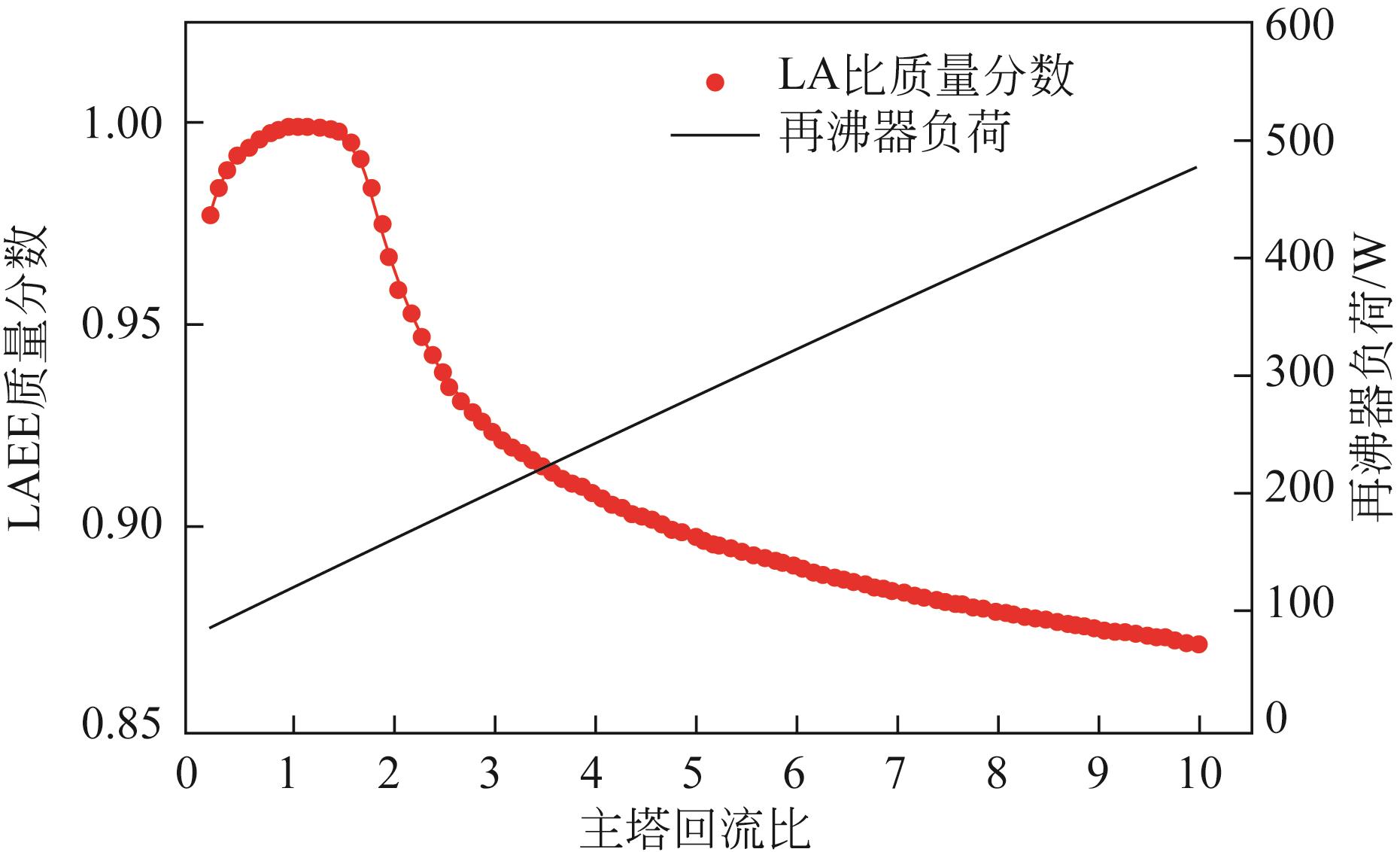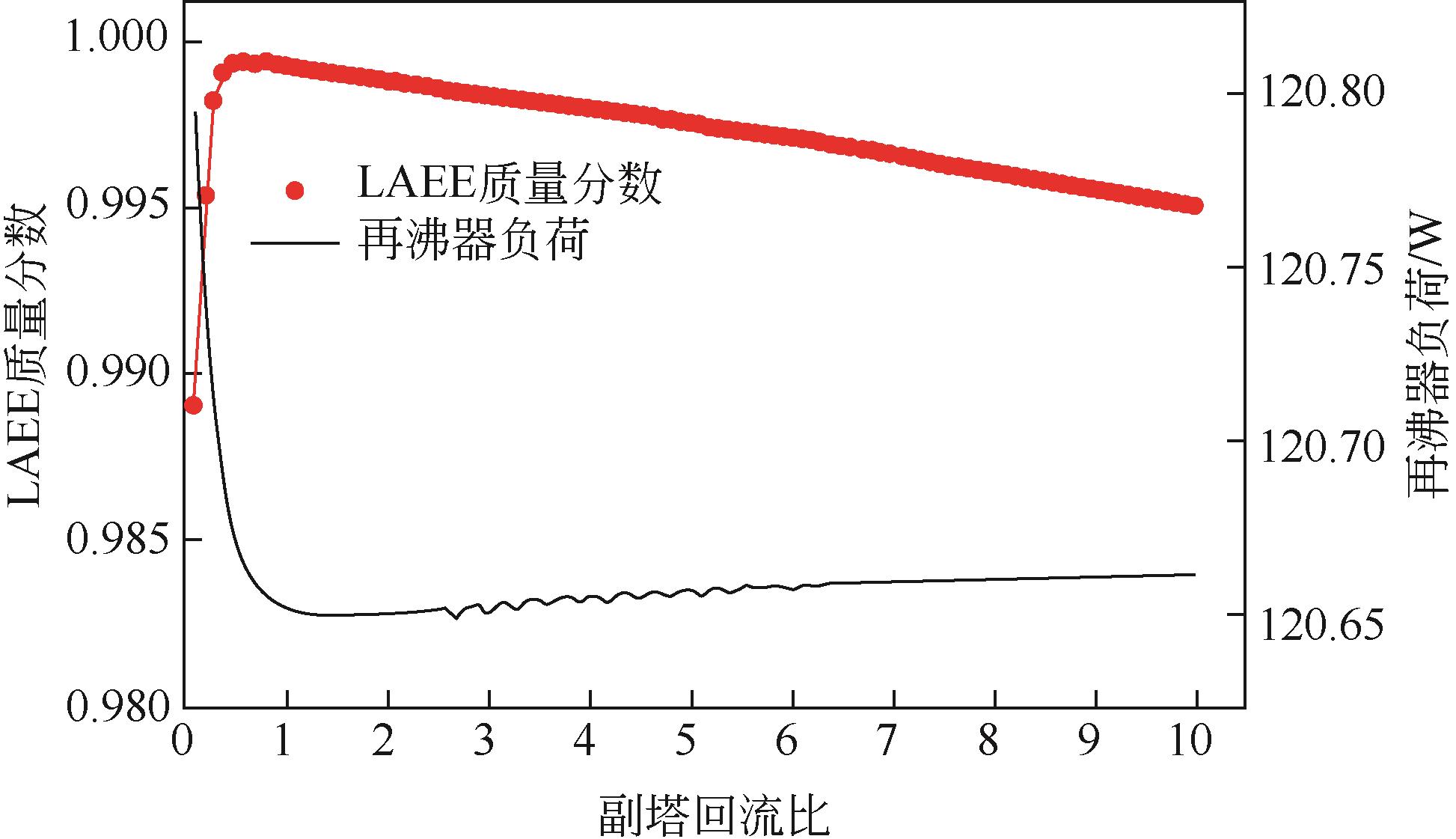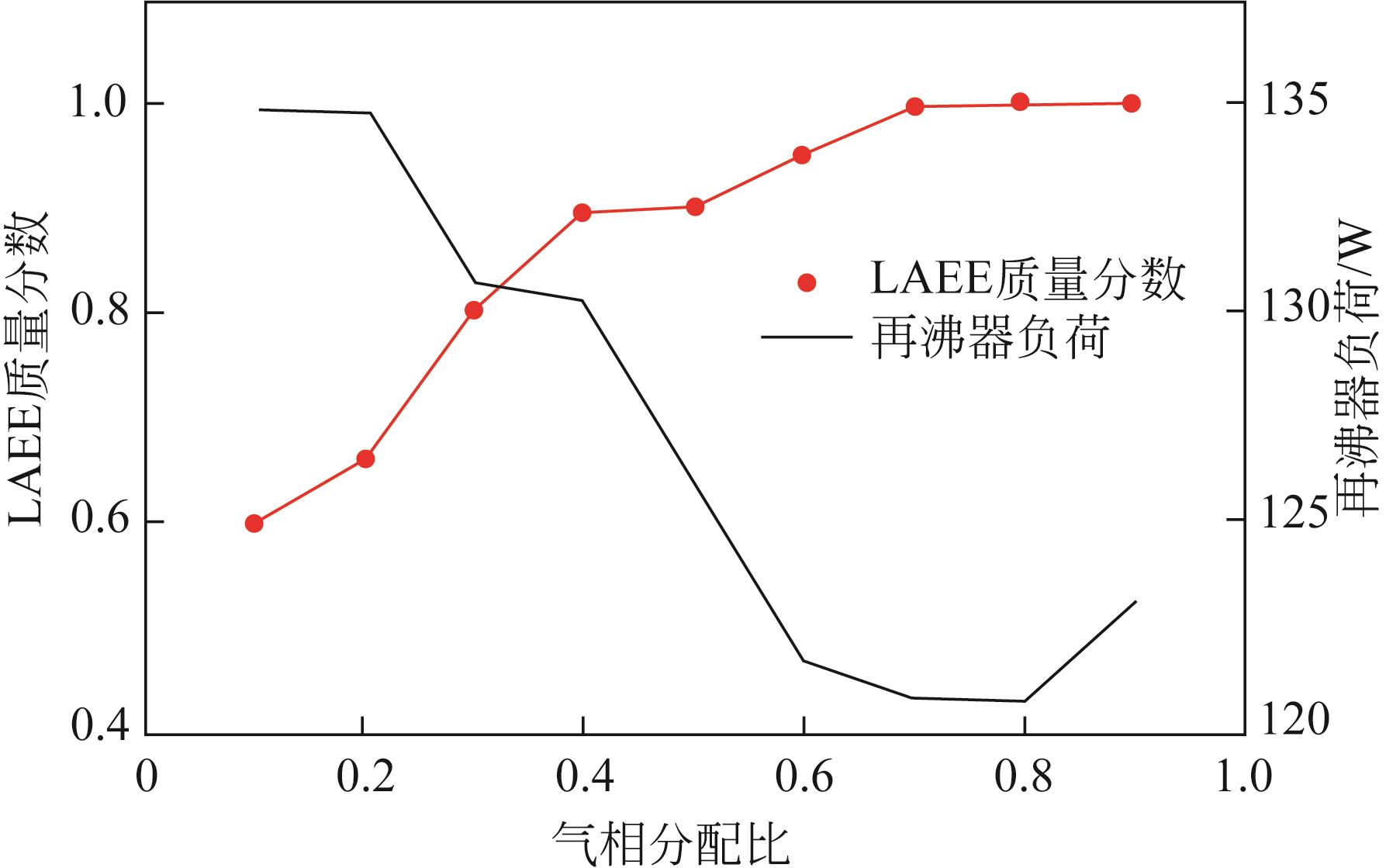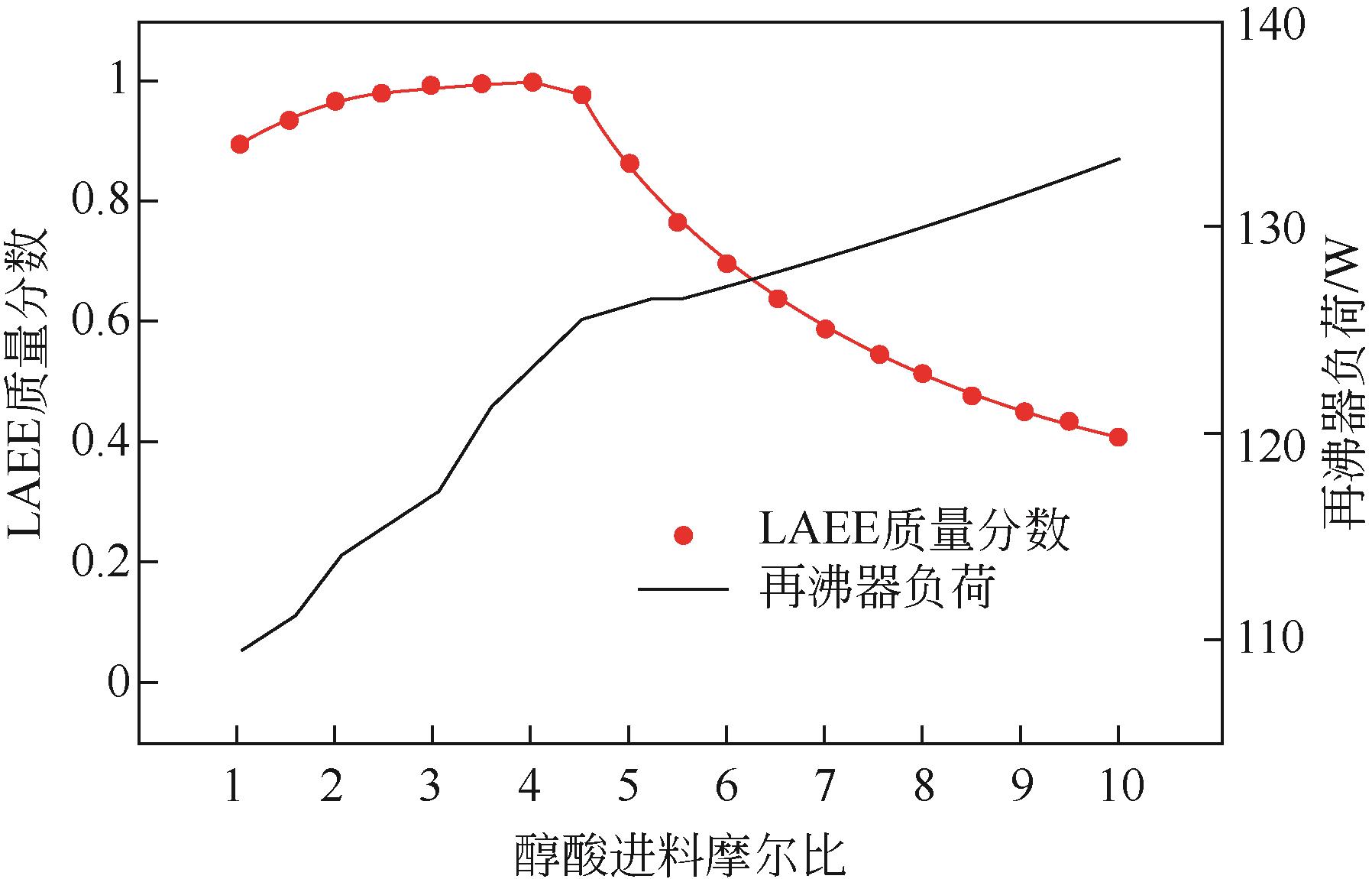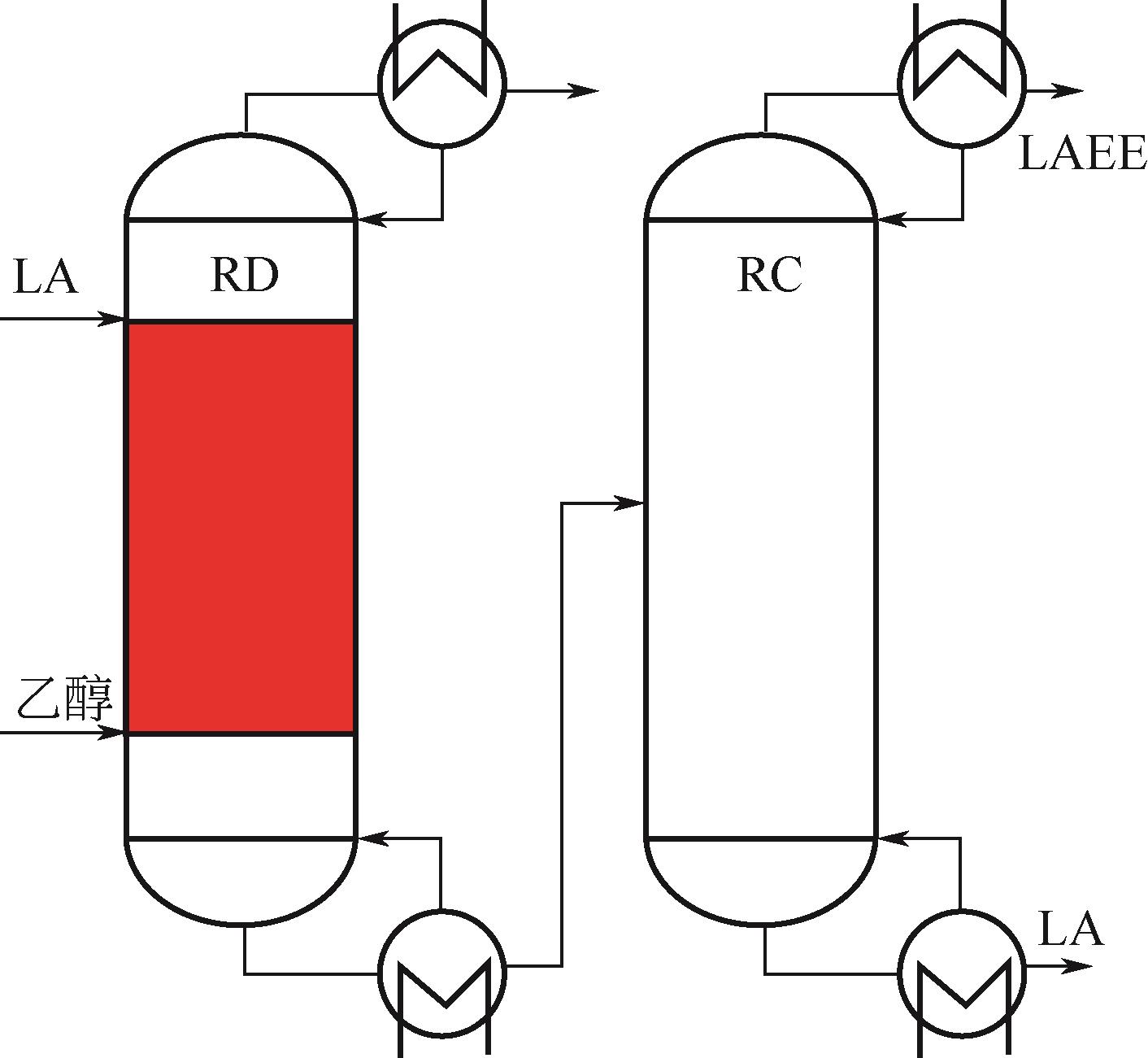| 1 |
CORMA A, IBORRA S, VELTY A. Chemical routes for the transformation of biomass into chemicals[J]. ChemInform, 2007, 38(36): 2411-2502.
|
| 2 |
ZHANG Jun, WU Shubin, LI Bo, et al. Advances in the catalytic production of valuable levulinic acid derivatives[J]. ChemCatChem, 2012, 4(9): 1230-1237.
|
| 3 |
张战. γ-戊内酯催化转化为高辛烷值汽油的研究[D]. 郑州: 郑州大学, 2014.
|
|
ZHANG Zhan. Conversion of gamma-valerolactone (GVL) into high octane number gasoline [D]. Zhengzhou: Zhengzhou University, 2014.
|
| 4 |
MAO R, ZHAO Q, DIMA G, et al. New process for the acid-catalyzed conversion of cellulosic biomass (AC3B) into alkyl levulinates and other esters using a unique one-pot system of reaction and product extraction[J]. Catalysis Letters, 2011, 141(2): 271-276.
|
| 5 |
ZHANG Zehui, DONG Kun, ZHAO Zongbao. Efficient conversion of furfuryl alcohol into alkyl levulinates catalyzed by an organic-inorganic hybrid solid acid catalyst[J]. ChemSusChem, 2011, 4(1): 112-118.
|
| 6 |
YADAV G D, BORKAR I V. Kinetic modeling of immobilized lipase catalysis in synthesis of n-butyl levulinate[J]. Industrial & Engineering Chemistry Research, 2008, 47(10): 3358-3363.
|
| 7 |
LI Hong, WU Chuanhui, HAO Zhiqiang, et al. Process intensification in vapor-liquid mass transfer: the state-of-the-art[J]. Chinese Journal of Chemical Engineering, 2019, 27(6): 1236-1246.
|
| 8 |
SEGOVIA-HERNÁNDEZ J G, HERNÁNDEZ S, BONILLA PETRICIOLET A. Reactive distillation: a review of optimal design using deterministic and stochastic techniques[J]. Chemical Engineering and Processing: Process Intensification, 2015, 97: 134-143.
|
| 9 |
HENLEY E J, SEADER J D. Equilibrium-stage separation operations in chemical engineering[M]. New York: John Wiley & Sons, Inc., 1981.
|
| 10 |
LUYBEN W L. Distillation design and control using AspenTM simulation[M]. Hoboken: John Wiley & Sons, Inc., 2013.
|
| 11 |
孙兰义. 化工流程模拟实训: Aspen Plus教程[M]. 北京: 化学工业出版社, 2012.
|
|
SUN Lanyi. Chemical engineering process simulation using Aspen Plus[M]. Beijing: Chemical Industry Press, 2012.
|
| 12 |
NOVITA F J, LEE H Y, LEE M. Energy-efficient design of an ethyl levulinate reactive distillation process via a thermally coupled distillation with external heat integration arrangement[J]. Industrial & Engineering Chemistry Research, 2017, 56(24): 7037-7048.
|
| 13 |
LI Hong, WU Yan, LI Xingang, et al. State-of-the-art of advanced distillation technologies in China[J]. Chemical Engineering & Technology, 2016, 39(5): 815-833.
|
| 14 |
RESK A J, PEEREBOOM L, KOLAH A K, et al. Phase equilibria in systems with levulinic acid and ethyl levulinate[J]. Journal of Chemical & Engineering Data, 2014, 59(4): 1062-1068.
|
| 15 |
YANG Pengfei, LI Xingang, LI Hong, et al. Unraveling the influence of residence time distribution on the performance of reactive distillation—Process optimization and experimental validation[J]. Chemical Engineering Science, 2021, 237: 116559.
|
| 16 |
LI Xingang, WANG Rui, YAN Yutao, et al. Ethylene glycol recovery from 2-ethyl-1, 3-dioxolane hydrolysis via reactive distillation: pilot-scale experiments and process analysis[J]. Industrial & Engineering Chemistry Research, 2019, 58(45): 20746-20757.
|
| 17 |
LI Hong, XIAO Caichun, LI Xingang, et al. Synthesis of n-amyl acetate in a pilot plant catalytic distillation column with seepage catalytic packing internal[J]. Industrial & Engineering Chemistry Research, 2017, 56(44): 12726-12737.
|
| 18 |
LI Xingang, ZHANG Hui, GAO Xin, et al. Hydrodynamic simulations of seepage catalytic packing internal for catalytic distillation column[J]. Industrial & Engineering Chemistry Research, 2012, 51(43): 14236-14246.
|
| 19 |
HAN Wentao, HAN Zhenwei, GAO Xuechao, et al. Inter-integration membrane-reactive distillation for EL synthesis: equipment development and experimental validating[J]. DOI: 10.22541/au.161516516.65110579/v1 .
|
| 20 |
CHENG Yucheng, YU Cheng-Ching. Effects of feed tray locations to the design of reactive distillation and its implication to control[J]. Chemical Engineering Science, 2005, 60(17): 4661-4677.
|
 ), HAN Zhenwei1,2, LI Hong1,2, GAO Xin1,2(
), HAN Zhenwei1,2, LI Hong1,2, GAO Xin1,2( ), LI Xingang1,2
), LI Xingang1,2
 ), 韩振为1,2, 李洪1,2, 高鑫1,2(
), 韩振为1,2, 李洪1,2, 高鑫1,2( ), 李鑫钢1,2
), 李鑫钢1,2
